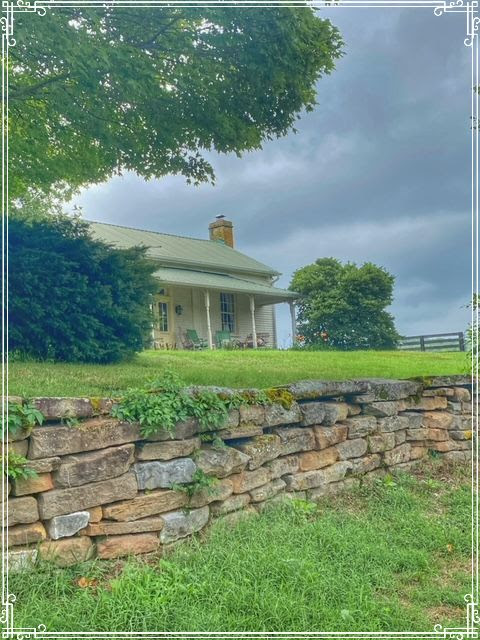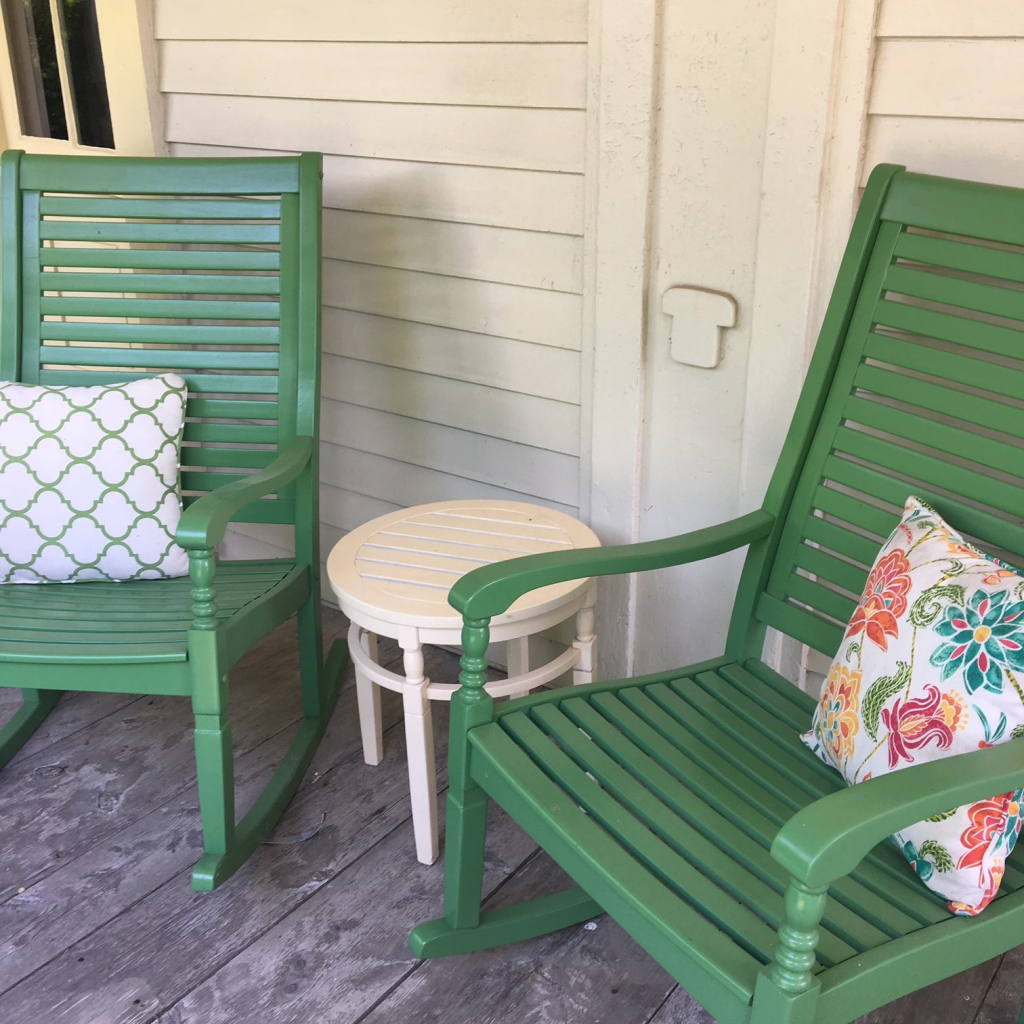Here are four great ideas for a Writer’s Retreat from experienced writers.
This is a republishing of an article we did in 2020 and in the time since then, we’ve been visited by a number of writers, including some that are very famous. They used our place as a comfortable retreat from the rest of the world where they could focus.
Among the benefits of “getting away” to accomplish an important writing job are the ability to be motivated, remove distractions, and get inspiration from your surroundings.
After doing a little research, we’ve found there are a variety of ways of organizing a writer’s retreat. Each of these types of retreats have advantages and disadvantages. For us, this is what we call part of “Bed and Breakfast Life” which is a lifestyle where you take pleasure and get inspiration from a change in surroundings.
Here, in no particular order, are four great ideas for a writer’s retreat.
The Solo Retreat
In this idea, the writer gets the idea to go on a retreat, independently. He or she gets the resources, makes the arrangements, and then hits the road to someplace interesting.
In the blog “Open Book” there are some good ideas about the pros and cons of this.
In essence, there is an expense and commitment to a solo writer’s retreat. Some people have issues with maintaining that kind of focus and concentration for an extended period of time.
Realistically, at a very speedy rate of 5000 words per day, the 100,000 word novel will take you about 20 working days to complete. This is before editing.
That being the case, to go to some remote location for three weeks is not on the radar for a lot of beginning writers. So many of these people are “starving” as it is, that it has become a bit of a cliche.
For beginning writers, the notion of a writer’s retreat is a long shot. Ditching the family for a month and tuning out is unlikely. Chances are, if you have issues with writer’s block, the writer’s block will follow you to wherever the retreat is going to be.

Binge Writing
Jessica Westhead, a Canadian writer of short stories and creative writing instructor believes that the project should already be underway. At that point the retreat may be considered more “binge writing” with the characters and story already developed. The time in the retreat may be more used to grind through the work of producing the manuscript.

As Lynn Dickinson points out in “Writer’s Digest” you can’t always predict when you will get that flash of inspiration. If you book your retreat, and end up stuck in a low energy period you would not get your work done.
Your dog will eat your homework.
Her opposite phrase is “drip writing”, which is a more methodical approach of setting some time aside every day.
So based on all of this, it makes sense to schedule a solo retreat if you are a methodical, experienced writer. One of the other two forms of this may suit you better. You may be a beginner or need a little more structure.
The Hive Retreat
I like this idea a lot. The second Great Idea for a Writer’s Retreat came from Jenny Han, who was interviewed on the 88 Cups of Tea Podcast (Link)
I pick a house that has a pool or some sort of a hot tub situation. I invite friends and we work all day. We set goals at the beginning of the retreat. I try to go on a retreat several times a year. It helps me when I see other people being so productive.
Here is how it works: You and a bunch of friends rent out a house some place interesting. Maybe you stay for a couple of weeks. At the beginning, you go out and get a lot of supplies and groceries, to avoid distractions.

There is a regular schedule where you have a long breakfast, then everyone goes to their work area and does some work. In the evenings, there is a group dinner at a local restaurant, for example. When that is finished, the group comes back to the house,. There is more work, and/or other conversation about what you are working on.
Collaboration
This is more like an “extended writing party” in a way which has a lot of merit. If you are stuck on a story nuance, or want to share a scene, you may do so. It is very collaborative, and may help you at the beginning stages of a story. It may help you in character or plot development.
In this kind of retreat, if one of your group wants to come and go they can. You can envision a nice work retreat with a core group of friends. There are people coming in and out of the place and a general productive vibe going on.
There are a couple of downsides to this. For one thing, you have to have a lot of friends with time and disposable income. Many writers belong to writer’s groups in their local areas. A group of writers, and maybe a leader or two, would come with you for support
The Hive Downsides
A further downside might be distractions. With that many people around you may find it hard to get any work done. This is up to your individual work style.
Also, at some point in the day, someone needs to step up and be an adult and make all of the arrangements. This includes potentially having deep enough pockets for the deposit on the house.
The Writer’s Colony


This strategy has some similarities to the Hive. You stay at a place with a group of other writers. They come and go as they will. You help each other from time to time if you want and need it. There is group coaching and workshopping.
The Rockvale Writer’s Colony is actually not too far from us, and is what we want to be when we grow up. They have a similar vibe to what we do at the Firefly, historic Bed and Breakfast near Madison GA.
At this place, you can get a “residency” for 3-4 weeks at a reduced rate. Also, they are offering a “Fellowship” that is the equivalent of a writer’s scholarship.
But, by focusing on writing and writers, they may bring in experts and instructors and offer workshops. They also produce an online poetry journal, and host a local writer’s workshop.
So if you don’t have any big network of writers, and want to get away to be among your own kind, this may be an interesting option.
The Organized Retreat
The last of the Great Ideas for a Writer’s Retreat is the organized retreat. Check the link below for 50+ organized retreats.

This is less of a solitary retreat to hammer out your mangum opus than it is a cruise with writers. These things are quite often held in nice locations, have writing critiques and editing help available, and are about the journey.
A lot of these are for writers of a specific type and some are moderately affordable. A couple of these are around us down here in Georgia.
The benefit of this is that if you are combining this with a vacation a lot of these are in rather fun places. A second benefit is that they are scheduled during a known 2-5 day period and you can be joined by others with similar interests.
The downside, of course is that there are distractions, and favor the developing story. If your work is farther along, and you are an experienced writer anyway, you may conceivably be better off elsewhere. Also you need to commit to that 2-5 day period, when you may not be in a writing mood.
Still, as one of the great ideas for a writer’s retreat, there is some sense in doing this.
The Bottom Line: Great Ideas for a Writer’s Retreat
| Retreat | Feature | Comments |
| Solo | Self-organized and can be less expensive | Works better if you are experienced and at the final stages of the project |
| Hive | Fun and come-as you are and when you want | Potential Distractions |
| Writer’s Colony | Has some elements of the above | Fixed schedule means you hope you won’t have writer’s block that week |
| Organized Retreat | Can be expensive and luxurious | Potential distractions, but at least you’ll get a nice trip out of it |
Here it is. It all seems like fun, and there are a variety of options. Different people work differently. The Great Ideas for a Writer’s Retreat are great depending on who you are.
For that matter it works that way with other kinds of retreats.
Be there in the square.
If you have a further suggesting about the benefits, nuances, details and anything else about writer’s retreats, please email us.
Links and References
Be Part of the Story
Open Book Blog
Lynn Dickinson Writers Digest
https://www.writersdigest.com/author/lynn-dickinson
Jenny Han
Rockvale Colony
The Write Life
https://thewritelife.com/writing-retreats/
![]()
